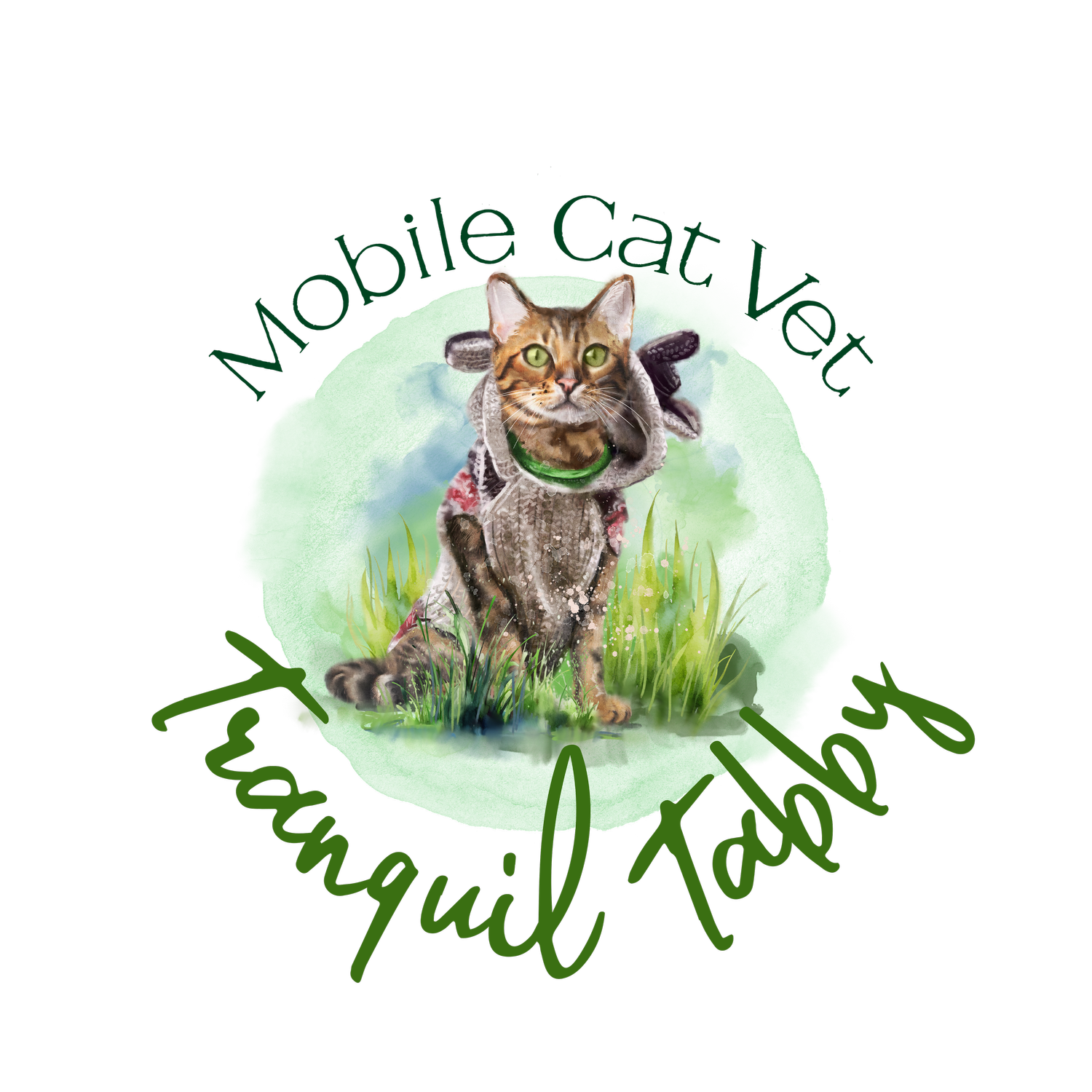Protecting Your Cats: National Poison Prevention Week
National Poison Prevention Week, observed annually in March, serves as a critical reminder to cat owners about the potential dangers lurking in our homes that could harm our furry companions. As responsible cat guardians, it's our duty to ensure a safe environment for our cats and be aware of common household items that can pose a threat to their health. In this blog post, we'll explore some essential tips and precautions to keep our beloved cats safe during National Poison Prevention Week and beyond.
Know the Common Household Poisons: Familiarize yourself with items commonly found in homes that can be toxic to cats. These may include certain foods like chocolate, and onions, household products such as cleaning agents, medications, plants like lilies and poinsettias, and even some human medications. Awareness is the first step in preventing accidental poisoning.
Secure Hazardous Items: Ensure hazardous substances are stored securely out of reach of curious cats. This includes medications, cleaning products, pesticides, and automotive fluids. Consider using childproof locks on cabinets where these items are stored, as cats can be surprisingly adept at getting into places they shouldn't.
Be Cautious with Medications: Many medications, both prescription and over-the-counter, can be harmful or even fatal to cats if ingested. Never administer medication intended for humans to your cat without consulting a veterinarian first. Keep all medications safely stored and never leave pill bottles within reach of cats.
Acetaminophen, the active ingredient in Tylenol, is unfortunately a relatively common toxicity in cats due to cat parents attempting to relieve their cat’s pain at home.
Be Mindful of Plants: While plants add beauty to our homes, some can be toxic to pets if ingested. Research plants thoroughly before bringing them into your home, especially if you have cats who may be prone to nibbling on foliage. Common toxic plants include lilies, philodendron, and aloe vera. Opt for pet-safe alternatives to ensure your indoor jungle is pet-friendly.
Emergency Preparedness: Despite our best efforts, accidents can still happen. Be prepared for emergencies by keeping the phone numbers of your veterinarian, a local emergency veterinary clinic, and the ASPCA Poison Control Center readily available. Knowing who to call in case of a poisoning emergency can make all the difference in a critical situation.
Educate Yourself and Others: Spread awareness about pet poison prevention not only during National Poison Prevention Week but throughout the year. Share resources with friends, family, and fellow cat owners to help ensure the safety of their furry companions as well. The more people who are informed, the fewer cats will be at risk of accidental poisoning.



